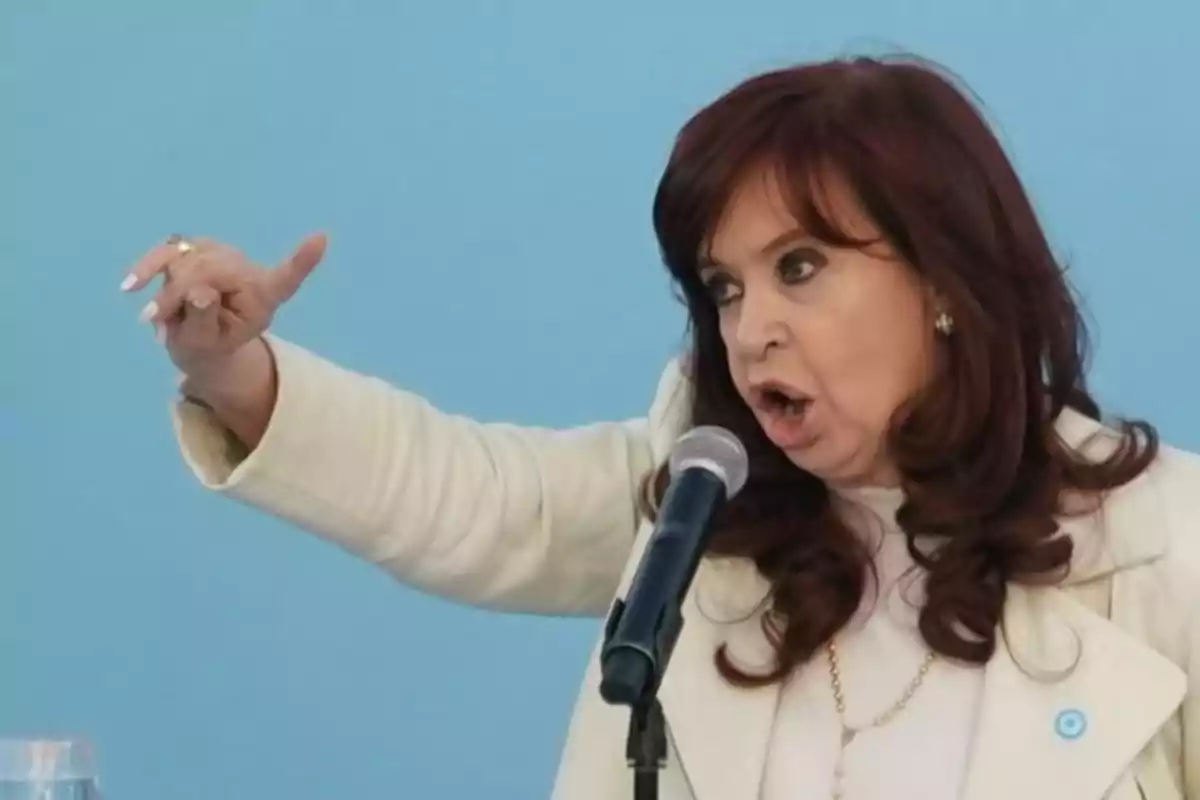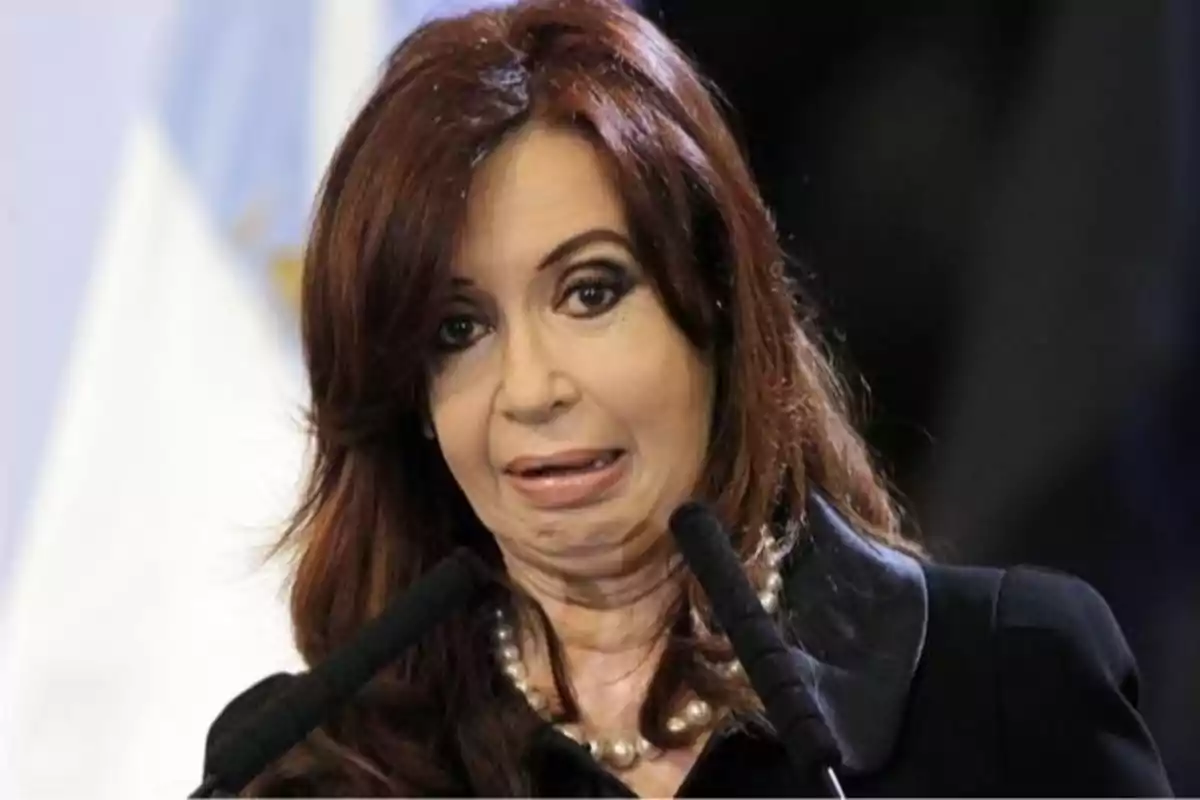
Cristina Kirchner will have to hand over all her assets due to the Vialidad corruption case.
Vialidad Case: The judiciary rejected Cristina Kirchner's request to prevent the seizure of her assets
In a new judicial blow that deepens the political and judicial decline of Cristina Fernández de Kirchner, the Federal Oral Court No. 2 rejected this Thursday the former president's request to halt the execution of her assets, a measure resulting from the conviction for corruption in the Vialidad Case.
The ruling, signed by judges Jorge Gorini, Rodrigo Giménez Uriburu, and Andrés Basso, confirms that the leader of Kirchnerism must face the forfeiture of the amount determined in the sentence, a sum updated by the Accounting Experts Body of the Supreme Court of Justice of the Nation. Meanwhile, the Court of Cassation must decide whether the calculation index used is correct, after the defense challenged the methodology.
For the magistrates, the former president's complaints have no legal basis: "The alleged arbitrariness ultimately turns out to be a disagreement with the court's decision to comply with what was announced since the issuance of the sentence." In this regard, they confirmed that it is not appropriate to "force an alleged exception directed specifically at a person—in this case, Cristina Elisabet Fernández de Kirchner—" to alter what has been decided.

Kirchnerism, cornered by the evidence and with no room for maneuver, insisted that the calculated amount is "technically inadequate" and that the Banco Nación passive rate should be applied—which would reduce the figure by up to one hundred times—instead of the Consumer Price Index of INDEC. According to the brief submitted by her lawyer, Carlos Beraldi, the figure was adopted "without prior debate" and violates the right to defense.
Cristina, in her statement, tried to distance herself from all responsibility: "I neither had nor have in my assets things that were used to commit the act under trial nor assets or profits that are the product of the aforementioned episode." However, the court was emphatic: the ruling is "unshakeable" as all avenues of appeal have been exhausted.

Even the former president threatened to appeal to the Supreme Court and to "international organizations competent in the field of human rights" to stop the forfeiture, a maneuver reminiscent of the delaying strategies that for years shielded Kirchnerism's impunity.
The decision represents a victory for those demanding that the responsible parties for corruption return what was stolen from the State. In the current political climate, marked by the advance of transparency and order policies promoted by the national administration, this ruling is interpreted as a symbol of Justice without partisan conditions.
More posts: